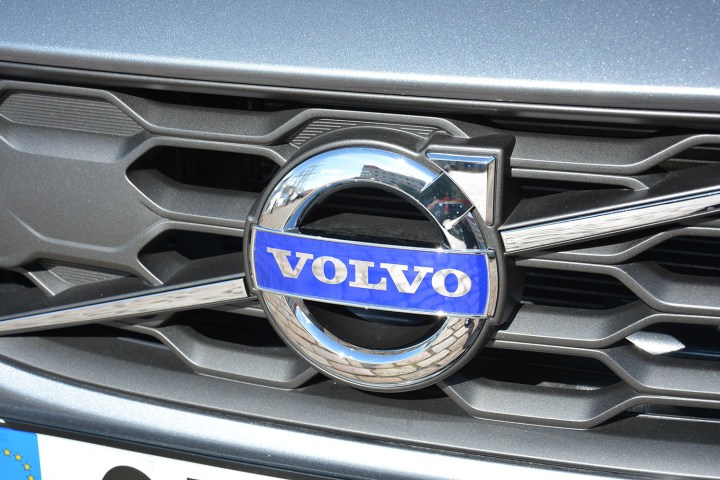
“As you know, we started by introducing a diesel-electric hybrid drivetrain. However, we quickly shifted to gasoline-electric after looking closely at global demand,” Lutz Stiegler, Volvo’s director of powertrain engineering, told Digital Trends. “The main hybrid markets in the world are China and the United States, two countries where motorists don’t usually buy diesel-powered cars,” he added.
Currently, Volvo’s global lineup includes plug-in variants of the XC90, the S90, and the V90. We know that the smaller 60- and 40-series cars set to debut in the next few months will go hybrid, too, and Stiegler told Digital Trends the new V90 Cross Country could also receive the T8 drivetrain.
“Building a hybrid V90 Cross Country is feasible. If there is enough demand from customers we will do it. It’s technically possible,” he explained. All of the 90-series cars ride on the same platform, so fitting XC90 components to the V90 is largely a matter of plug and play. However, Stiegler emphasized that a final decision hadn’t been made yet.
In addition to plug-in hybrid cars, Volvo is busy developing an all-electric model scheduled to debut globally in 2019. It will share its SPA platform with the 90-series cars, meaning it will be a relatively large model. A smaller battery-powered car built on the CMA platform will join the Volvo family shortly after the turn of the decade.
Volvo hopes to put a million electrified cars on the road by the year 2025. Clearly, the brand doesn’t need a diesel-electric drivetrain to help it achieve that goal.
Editors' Recommendations
- Amazon will start selling cars, but you don’t get to ditch dealers just yet
- 2023 Kia Niro EV first drive review: Practical doesn’t have to bore you to tears
- What makes sense (and what doesn’t) about the RTX 3080 Super rumors
- Super Resolution dramatically increases frame rates, but doesn’t require AMD GPU
- Volvo unveils the electric 2022 C40 Recharge with Android-powered in-car tech




